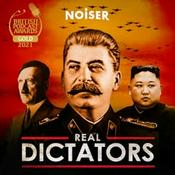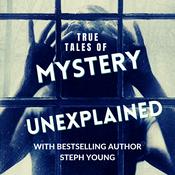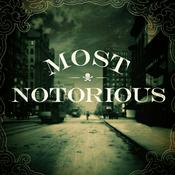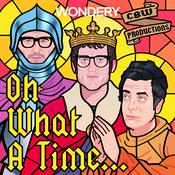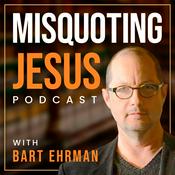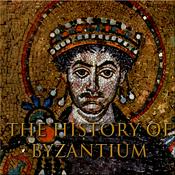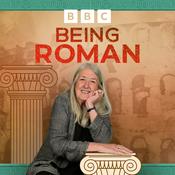8 episodes

The Outlaw
2019/6/22 | 26 mins.
The Ottoman Empire was a great place to be a criminal. Were you a veteran who couldn't find gainful employment? No problem! Plenty of bandit networks were willing to hire you and they offered great pay in the form of plundering opportunities. There was little the central government could do to stop you, especially if you escaped to the mountainous Balkan regions. In fact, some bandit networks were so powerful (especially those controlled by the notorious Kara Feyzi in the early 1800s) that the government thought it better to co-opt the leaders by offering them official positions rather that fight them with their armies.See omnystudio.com/listener for privacy information.

The Holy Man
2019/6/21 | 29 mins.
The Ottoman Empire hosted dozens of ethnic groups and religious groups, meaning you could find any sort of religious leader you wanted: whether an imam, rabbi, priest, or pastor. But in an empire where the line between politics and religion was porous, religious leaders often became revolutionaries and ideological figureheads. Learn in this episode how Ottoman holy men were sometimes a thorn in the government's side and other times voices for reform and social progress.See omnystudio.com/listener for privacy information.

The Concubine
2019/6/20 | 41 mins.
To foreign observers the most exotic aspect of the Ottoman Empire was always the harem. Novelists let their imaginations run wild about what the Sultan did in the concealed parts of his palace with his four wives and dozens of concubines. But historical studies have shown us that the harem wasn't the ancient version of the Playboy Mansion. Rather, it was the cadet training school for future wives of Ottoman dignitaries and sultans, where women from across the empire received an elite education. Graduates of the harem who became mothers of the sultan had incredible influence over their sons. Some of these Queen Mothers essentially ran the empire. Learn how the harem wasn't a sensualist Orientalist fantasy, but one of the central nodes of power in the early modern world.See omnystudio.com/listener for privacy information.

The Harem Eunuch
2019/6/19 | 23 mins.
A eunuch who served in the Ottoman Imperial Harem in was typically born in Ethiopia, captured by a slave trader, castrated, and sold in Egyptian slave markets, then shipped to Istanbul's imperial palace. As such, eunuchs occupied positions of considerable power. At their peak there may have been as many as 800 court eunuchs organized in a hierarchical, well-defined structure. Eunuchs who served the sultan favorably, plus those who learned Turkish and who converted to Islam, could progress in the system. A few would procure appointment to administrative posts within the empire. This was the paradox in place: African eunuchs in the Ottoman Empire were slaves and could often be the objects of contempt and ridicule, but some could amass amazing influence.See omnystudio.com/listener for privacy information.

The Peasant
2019/6/18 | 24 mins.
Peasants made up 90% of the population of the Ottoman Empire, but to the sultan and his court, they were little more than a flock of livestock. In fact, the exact same word was used to describe a subject of the sultan and a group of sheep or cattle. Learn about the hard lives of peasants, who lived at the mercy of destroying natural disasters, bandit attacks, and invading armies.See omnystudio.com/listener for privacy information.
More History podcasts
Trending History podcasts
About Ottoman Lives
Listen to Ottoman Lives, The Rest Is History and many other podcasts from around the world with the radio.net app
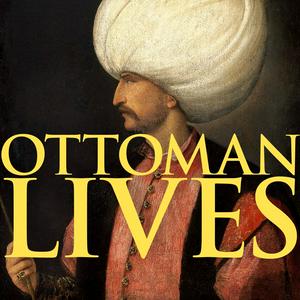
Get the free radio.net app
- Stations and podcasts to bookmark
- Stream via Wi-Fi or Bluetooth
- Supports Carplay & Android Auto
- Many other app features
Get the free radio.net app
- Stations and podcasts to bookmark
- Stream via Wi-Fi or Bluetooth
- Supports Carplay & Android Auto
- Many other app features


Ottoman Lives
download the app,
start listening.









